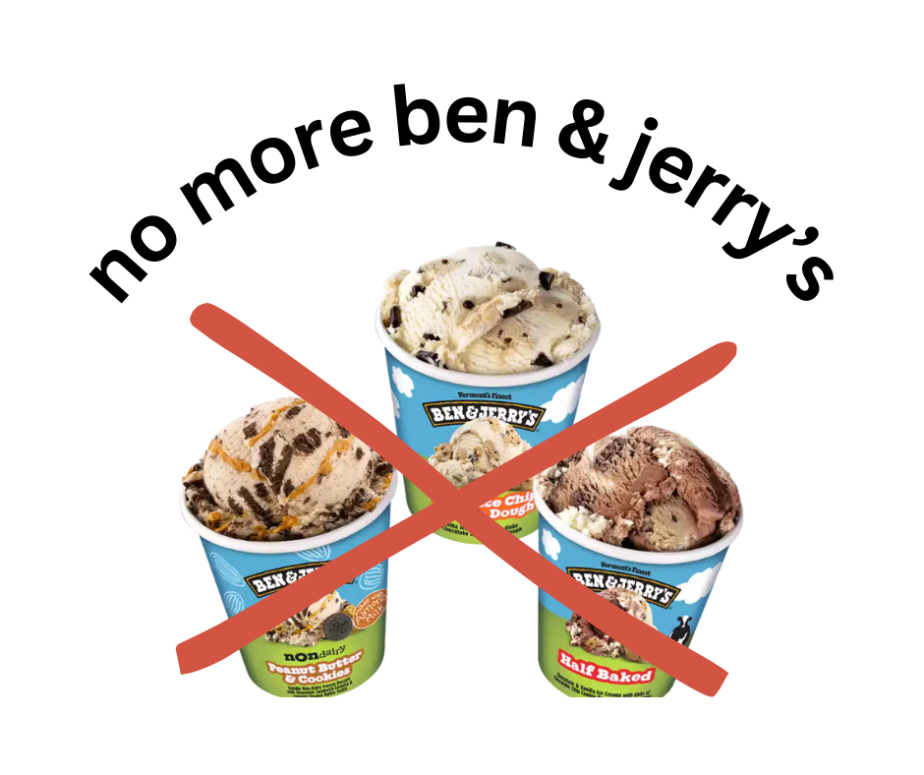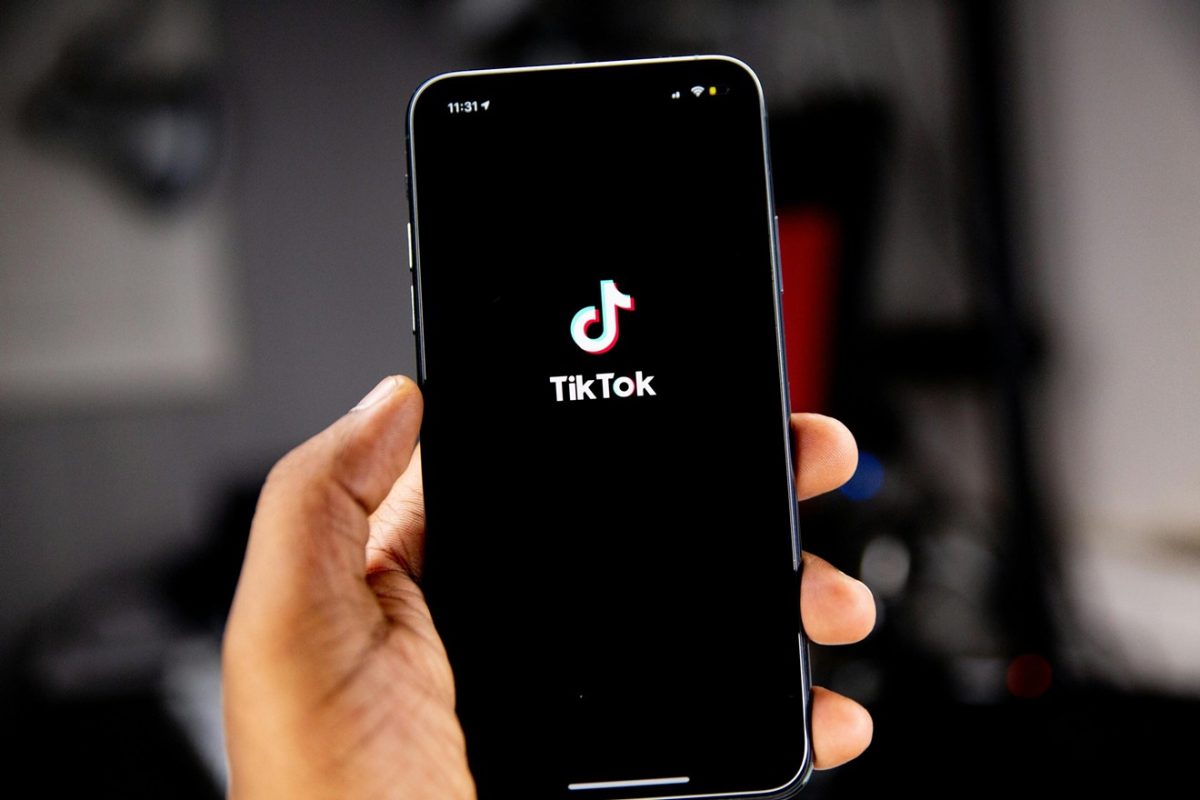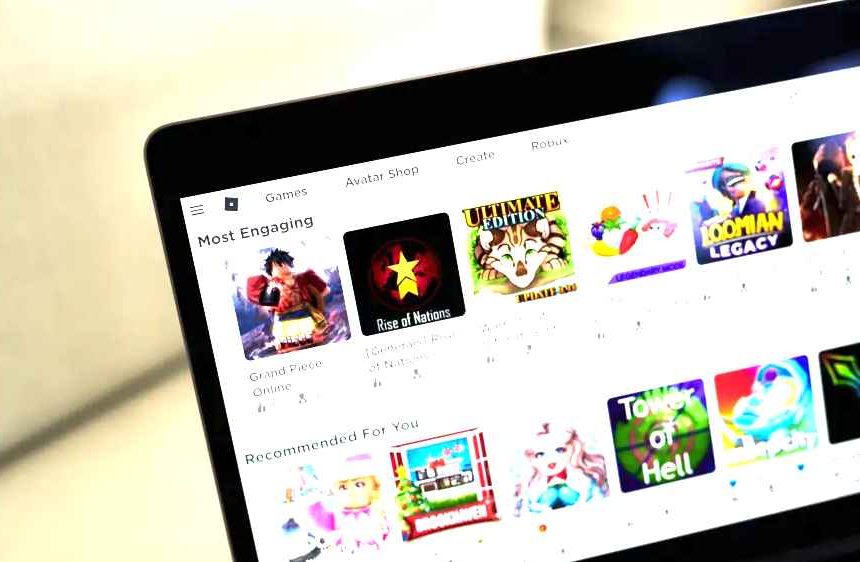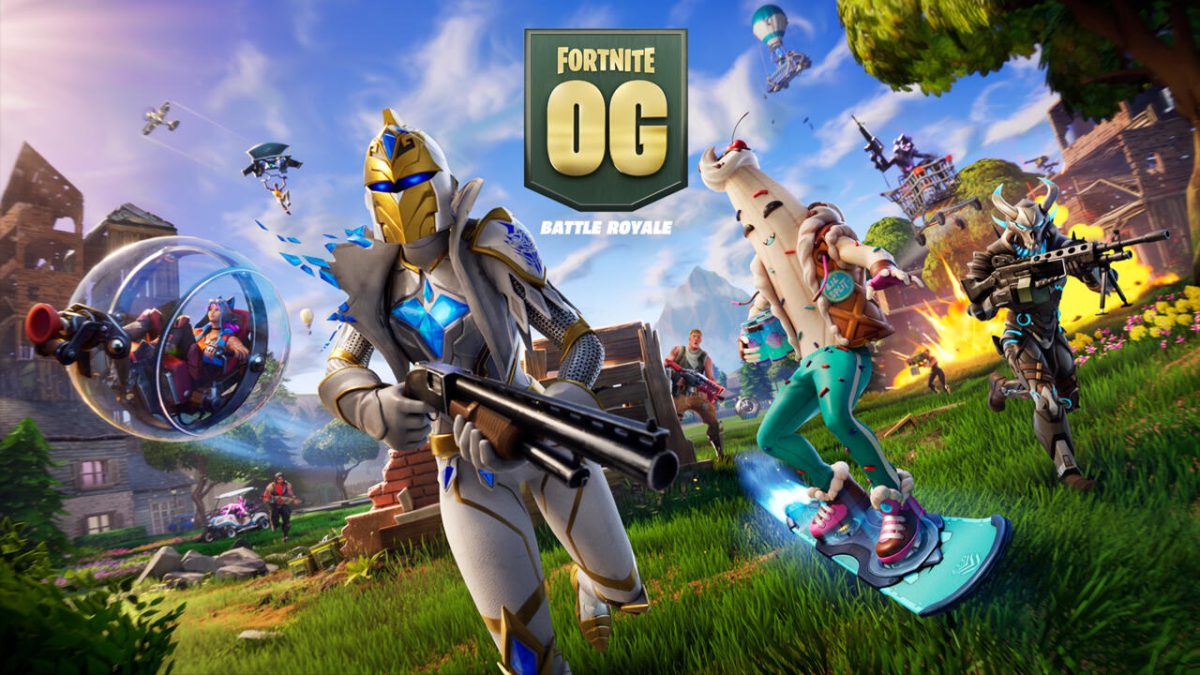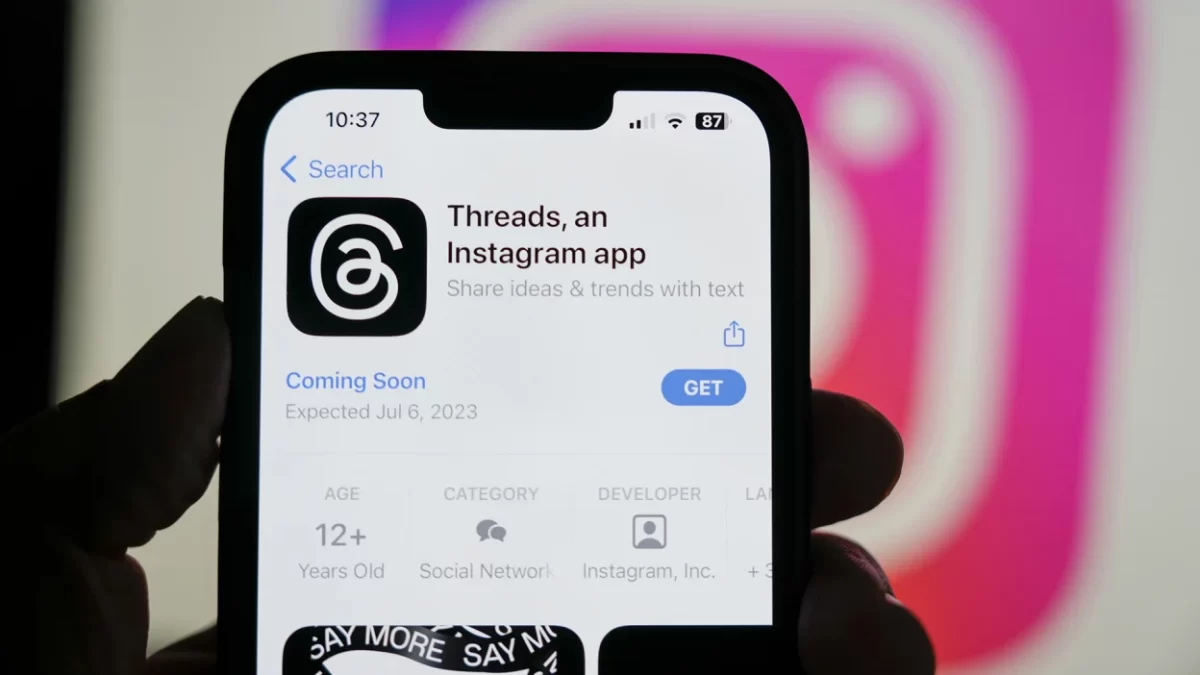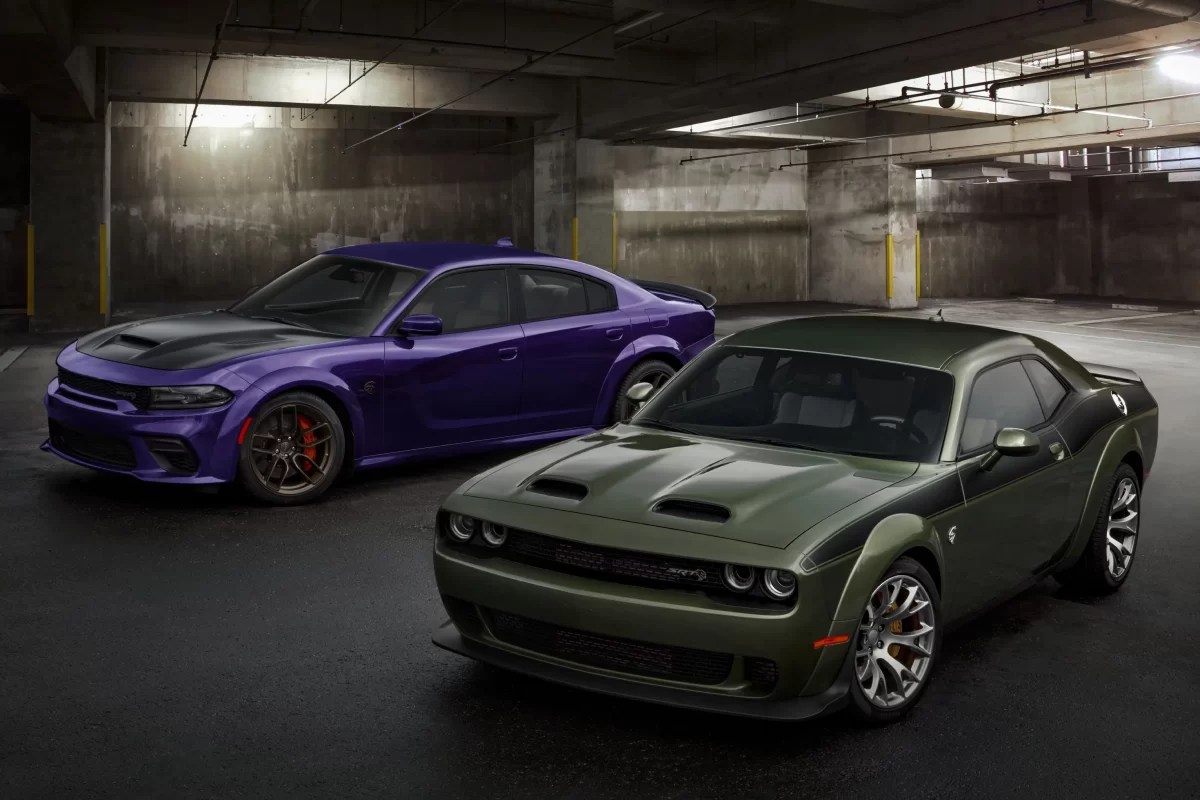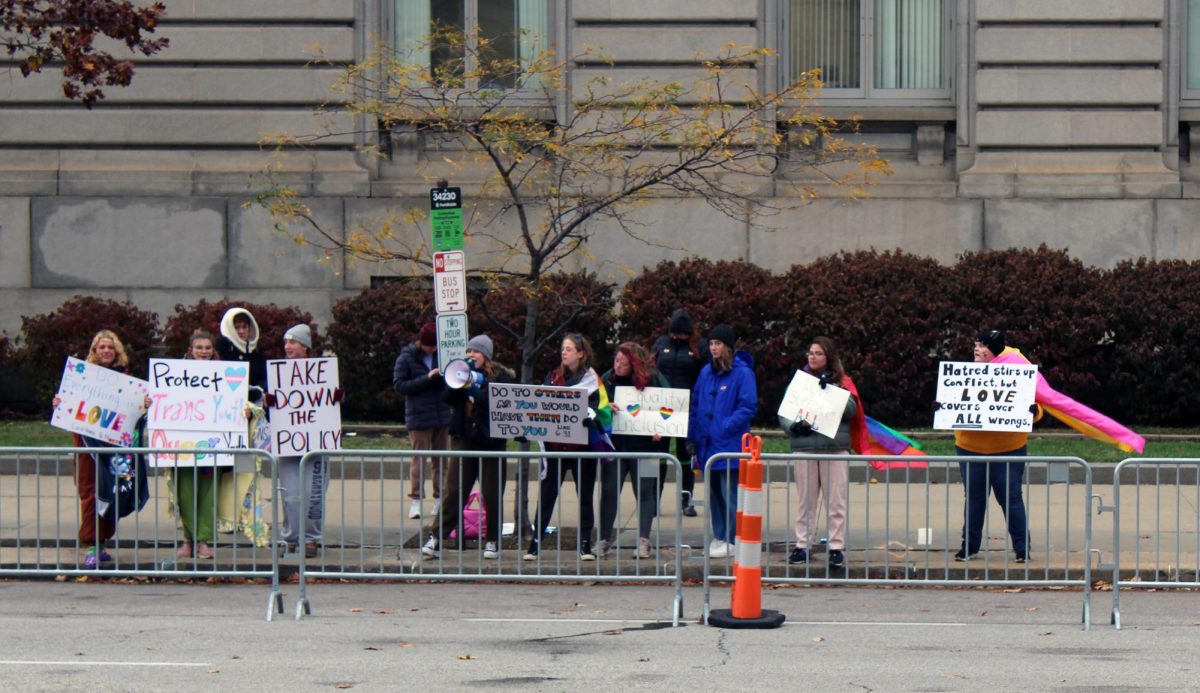Shares of auto retailers CarMax and Carvana have taken a serious hit recently, after Amazon said it would launch vehicle sales online next year.
According to an Amazon blog post, the online retail giant is entering the auto market in 2024, allowing customers to purchase a new car through Amazon, then pick it up or have it delivered. Amazon says you’ll search for a new car the same way you would other products on Amazon. The e-commerce giant said Hyundai Motor Co.’s vehicles would be the first brand available to buy online.
“Customers will be able to search on Amazon for available vehicles in their area based on a range of preferences, including model, trim, color, and features; choose their preferred car; and then check out online with their chosen payment and financing options—all within the Amazon experience they already know and trust,” said Amazon. “This new shopping experience will create another way for dealers to build awareness of their selection and offer convenience to their customers. This new digital shopping experience will make it easy for customers to purchase a new car online, and then pick it up or have it delivered by their local dealership at a time that works best for them.”
Once a vehicle is selected in their area, based on a range of preferences, customers will be able to check out online with their chosen payment and financing options. Customers can already browse online showrooms and compare prices through Amazon’s website and app, but they’re not able to purchase through Amazon. That will change starting next year.
Though, Amazon is still the “middleman” between the customer and dealer: ultimately, you’re still buying the car from the dealer. Amazon didn’t say whether other carmakers besides Hyundai are considering selling on Amazon. Most dealers already allow customers to buy cars directly from their websites.

Amazon has officially moved into the auto-industry, which is quite insane. But how exactly did the e-commerce corporation grow into such a world-dominating monopoly?
Amazon is considered as one of the Big Four Technology Companies which has a market value of $833 billion and briefly topped $1 trillion last year. It earns $75 billion in annual revenue. It is becoming the most valuable company in the world and one of the most powerful one. Some experts are warning that too much reliance on Amazon will lead it to have complete monopolistic power. Let’s see how it became so big, what factors are making it a monopoly and the working conditions of it.
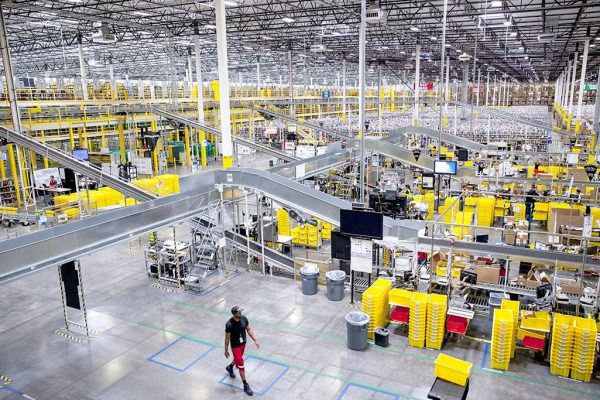
Amazon was started as an e-commerce selling books by Jeff Bezos. Seeing the reach and power of the internet, he set up this company which was initially known as Cadabra. His first investors were his parents, and they asked him to explain his business idea. Bezos warned them that there was a 70 percent chance to lose their investment. However, his parents were quite smart to make the right choice. Amazon has come a long way to reach this position. It made its first sale in July 1995. On that year, Amazon allowed customers to expedite their online experience by introducing one-click shopping. Amazon attracted customers by giving super saving shipping offer in August 2002. It today offers free shipping to those consumers who purchase $35 or more of eligible merchandise. One more incentive to the customers is Amazon’s Prime Service which was first introduced in 2005. In this service, those customers receive free two-day shipping who pay an annual/monthly fee.
Today, Amazon controls about 75 percent of online sales of physical books, 65 percent of e-book sales, more than 40 percent of new book sales, and 85 percent of sales by self-published e-book authors. According to economist Paul Krugman, it has a large market share in the entire book business as Standard Oil did in 1911. Because of its dominance in the book industry, publishers are forced to deal with its bullying tactics. Like it delayed the delivery of many popular books from Hachette’s imprints in order to get the terms it wanted from the company. Amazon also ask for payments from publishers to promote their books. Big publishers pay five to seven percent of a year’s gross sales while small houses sometimes sell their books to Amazon at a 60 percent-plus discount.
In 2017, Amazon bought USA’s sixth-largest grocery store, Whole Foods Market which led it to participate in $700 billion grocery-store business. To run this new service, Jeff Bezos launched Amazon Fresh and opened several Amazon-branded bodegas in Seattle. Investors now believe that this controlling economic power has led Amazon to stifle competition in the retail sector. Amazon is also the owner of the web’s biggest online shoe store, biggest independent online diaper store, and biggest independent online comic store.
In 2016, Amazon sold six times as much as Walmart, Target, Home Depot, Best Buy, Nordstrom, Kohl’s, Macy’s and Costco did. Amazon also generated about 30 percent of U.S. retail sales growth, offline and online. Its dominance extends far beyond retail. It also lends credit, designs clothing and manufactures hardware. It bought Twitch.com a $1-billion business of e-sports. We know AWS is also operated by Amazon. It’s used by many famous and powerful companies, including Netflix, Dropbox, Tumblr, Slack, Pinterest and the federal government.
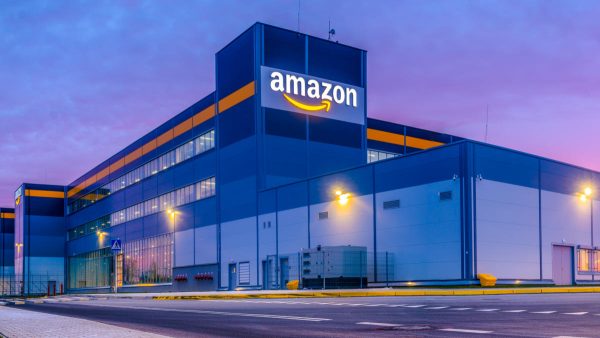
It can be easily observed that Amazon is taking control of one industry after another, and making the country’s economy less diverse and innovative. It’s also taking some wicked strategies such as underselling the competition. It is using its financial resources to sell some products below its own cost to eliminate less well-funded competitors. On the other hand, Amazon Prime has left rival manufacturers and retailers with little option but to become third-party sellers on its platform. One more thing, it extracts more fees from suppliers which reduces their ability to develop or invent new products. Meanwhile, it is also expanding its own product lines. Amazon uses data about customers’ buying habits to raise prices. It has even started charging prices, blocking access to certain products, delaying times for customers who don’t join its Prime program.
Amazon denies that it is a monopoly. There is a debate among the experts whether it should be called a monopoly or not. Brittain Ladd, an expert in e-commerce, retail, strategies and supply chain management stated that Amazon is not a monopoly according to the official definition of monopoly. According to Merriam-Webster, “A monopoly occurs when complete control of the entire supply of goods or of a service in a certain area or market rests with a single entity.” So amazon can’t be called monopoly yet. However, the real cost of a monopoly is not about price. It’s also about stifling new business. Amazon is damaging the ability of earning or having freedom as producers. It is stunting job creation and worsening income inequality. There is no doubt that Amazon is one of the most powerful companies in the world which is becoming a monopoly day by day. However, it is leading customers in a darker future.
In September 2023, the FTC sued Amazon for illegally maintaining monopoly power, stating that Amazon’s ongoing pattern of illegal conduct blocks competition, allowing it to wield monopoly power to inflate prices, degrade quality, and stifle innovation for consumers and businesses.


